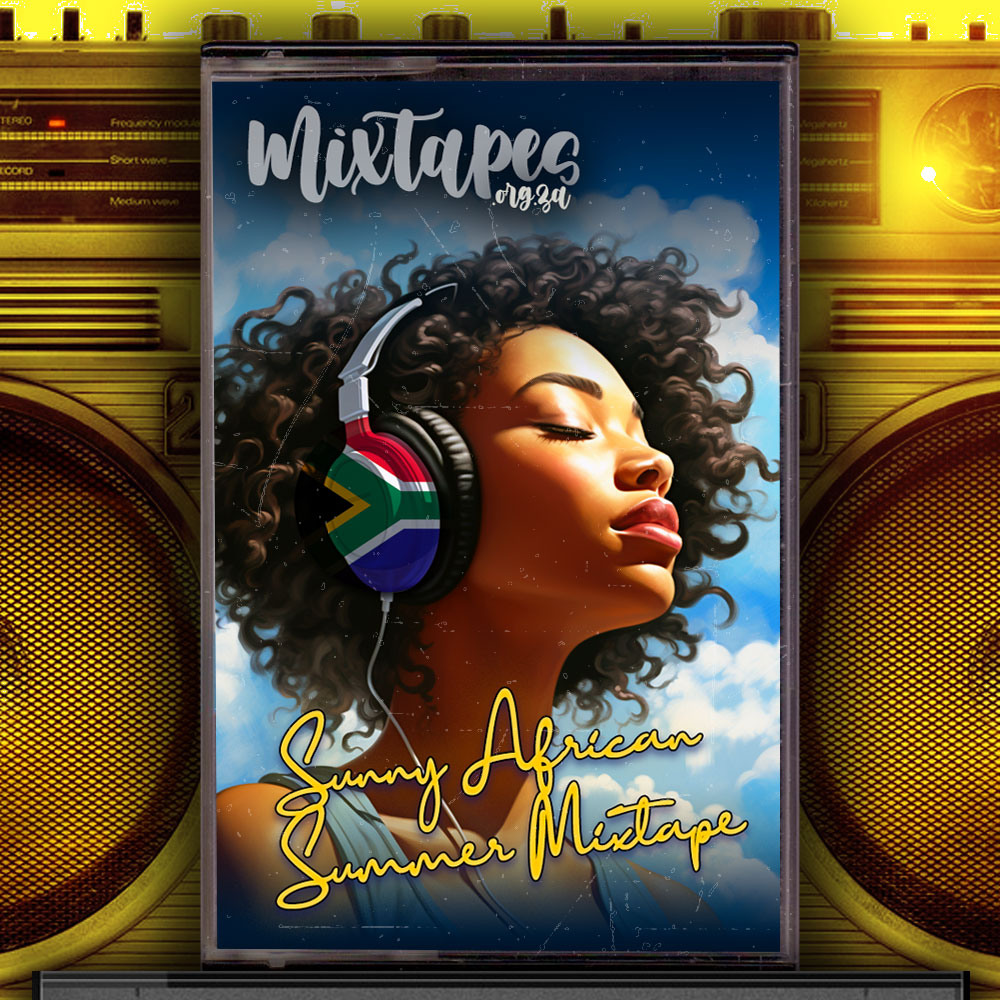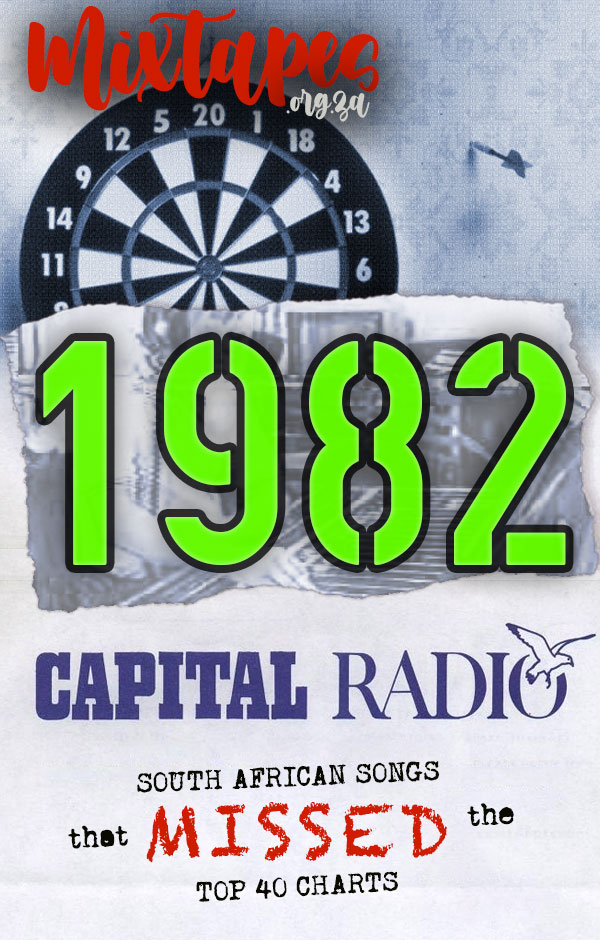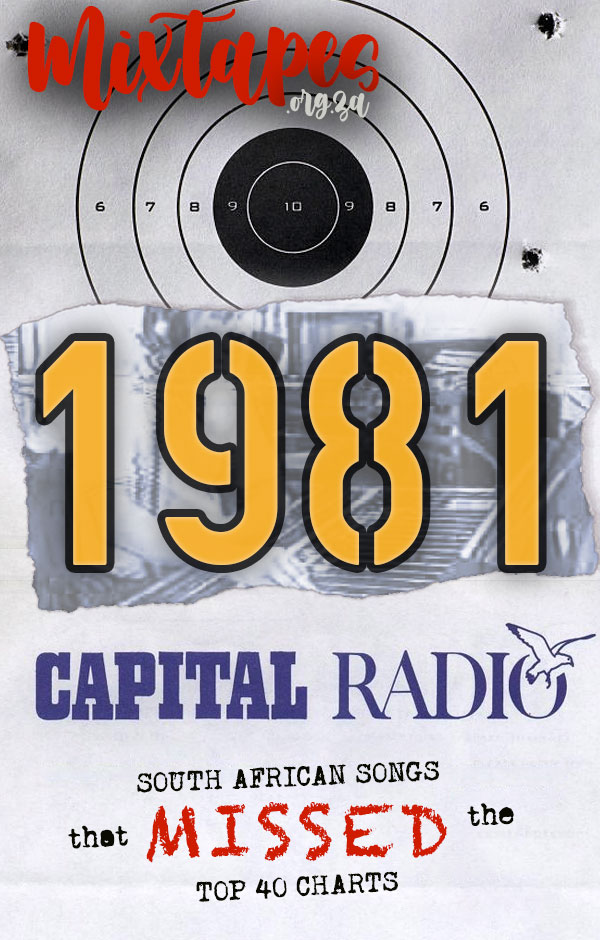
Well, it’s been a while since our last mixtape, but the South African sun has emerged from a reclusive winter, beckoning us to compile a shiny, happy, compilation. So we decided to do something that celebrates the returning South African summer. We might have loadshedding, inflation, corruption, potholes and pot-bellied politicians, but at least we have the sun. And we can dance. As Harari sing, “In the summertime, everybody should be dancing.”
This mixtape is scattered with happy upbeat tunes, kicking off with Robin Auld’s tribute to James Phillips, “Sunny Skies”, a great way to get us up and jiving, followed by similarly buoyant songs by Bright Blue (“Living in Africa”), eVoid’s (“Under blue skies”) and Nude Red’s “Seaside Dreams”. Things turn a bit funkier with Phillip Mallela’s “Sunny Day”, Clout’s “Sunshine Baby”, Harari’s “In The Summertime” and Kabasa’s “African sunset”.
South African summers would not be the same without some Dollar Brand/Abdullah Ibrahim, and his “African Sun” reminds us why. Miriam Makeba sings “African Sunset”, not related to Kabasa’s tune, but written by Sipho Mabuse. Apart from enjoying summery tunes, we also pause for a moment to remember Zahara, who died this week. Her “Brighter Day” fits very well with the theme of this mixtape.
Vusi Mahlasela’s “Africa The Sun Has Risen’ is hopeful that apart from getting brighter, things will get better. Here’s hoping! Hugh Masekela and Herb Alpert join forces to celebrate the “African Summer”, while Juluka sing their somewhat anthemic “December African Rain” which made a lot of us feel better about things forty years ago.
The mixtape ends with an assortment of sun-referenced songs, from Chris Letcher’s “The Sun! The Sun!” to “Happy Person” by the aptly named, The Sunshines, and McCully Workshop’s “(We All) Look For The Sun” and “Summer Journey” by the Soweto Licks.
Finally, Johannes Kerkorrel plays out on a very relaxed note announcing the arrival of the summer sun. Wherever you are – in the South or the North – turn up the volume and enjoy!
- Sunny Skies – Robin Auld
- Living In Africa – Bright Blue
- Under Blue Skies – eVoid
- Seaside Dreams – Nude Red
- Sunny Day – Phillip Mallela
- Sunshine Baby – Clout
- In The Summertime – Harari
- African Sunset – Kabasa
- African Sun – Dollar Brand
- African Sunset – Miriam Makeba
- Brighter Day – Zahara
- Africa The Sun Has Risen – Vusi Mahlasela
- African Summer – Hugh Masekela & Herp Albert
- December African Rain – Juluka
- Perfect Day – Robin Levetan
- The Sun! The Sun! – Chris Letcher
- Happy Person – The Sunshines
- (We All) Look For The Sun – McCully Workshop
- Summer Journey – Soweto Licks
- Somer – Johannes Kerkorrel



